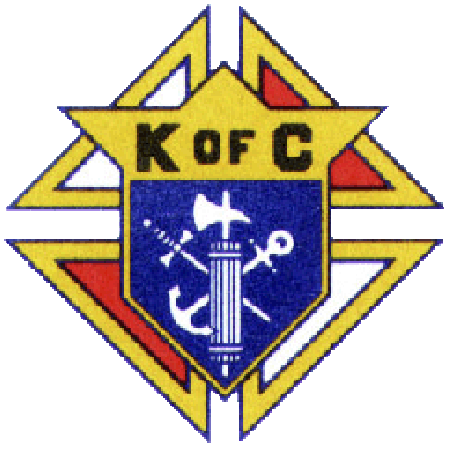Lecture Series: FOCUS and the Isle of Malta
- 4011 Editor

- Jun 21, 2019
- 3 min read
June 19th, 2019 - Timonium
On the third Wednesday of June, one of our College-aged brothers, Spencer Stout, gave a two-part lecture to a room of members of the community.
The first part of the lecture focused on, well, FOCUS. The Fellowship of Catholic University Students was started in 1997 by Curtis Martin and Dr. Edward Sri at at Benedictine College. Since then, it has spread to other college campuses, mostly in the mid-west, but is making its way to the coasts quickly. As of February 2019, it had spread to reach 170 college campuses in 5 countries, with the majority being in the US.

FOCUS operates by sending a pair of "Missionaries," of recently graduated college students, to a target campus. Once there, the missionaries set-up a bible study group, and begin to engage the students on the campus. These bible study groups encourage college students to turn toward Christ, rather than many of the other vices typically associated with college life.
Missionaries have their salaries paid for through fund-raising, and undergo a 5-week training course in either Colorado or Florida. FOCUS also is host two two conferences a year, with the largest being SEEK, which Spencer Stout attended.
The Father O'Neill Council has supported several FOCUS missionaries including Peter Myers and Alex Kulik
Malta
For the second part of the lecture, Spencer focused on his recent trip to Malta, a small island in the middle of the Mediterania, with ties to the Order of St. John, a failed invasion by the Ottomon Empire, a British Naval Base, and home of 360 churches, for its 493,559 population, or roughly 1 church for ever 1300 people.

Originally settled in 5,900 BC, Malta has been colonized and conquered by several nations in its lifetime. First the Sicilians, then the Phoenicians and Carthaginians, the island changed hands often between the Christian west, and the Islamic East before finally being re-Christianized by the Normans in 1249. In 1530 Charles I of Spain gave the island of Malta to the Order of Knights of the Hospital of St John of Jerusalem.
In 1595, the Knights, led by Frenchman Jean Parisot de Valette, Grand Master of the Order, withstood the Great Siege of Malta by the Ottomans in 1565. The knights, with the help of Spanish and Maltese forces, were victorious and repelled the attack. Speaking of the battle Voltaire said, "Nothing is better known than the siege of Malta."
During the Napoleonic war, Malta was conquered and occupied by French forces while Napoleon was en route to Egypt, with Napoleon himself living on the Island of Malta from 12-18 June, 1798.
With the defeat of Napoleon, French forces surrendered to British Troops in 1800, transferring ownership of the small island nation to the British crown. During World War I, Malta was known as "The Hospital of the Mediterranean" with many of the soldiers wounded being sent to the island for treatment. During World War II, Malta played a more active role, harassing Axis shipping lines. From 1940-1942 Malta was also besieged by air attacks from the Axis powers. The siege resulted in 30,000 building destroyed, and 1,300 civilians being killed. Most of the small island was flattened by the absolute devastation, but still Malta resisted.
The efforts and bravery of the people of Malta moved King George VI of England to award the entire country the St. George's Cross, a Civilian version of Victoria's Cross, Britain's highest and most prestigious award, which is still prominently displayed on the Maltese flag.



Comments